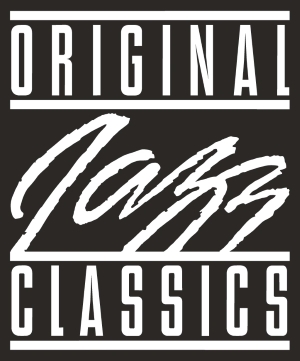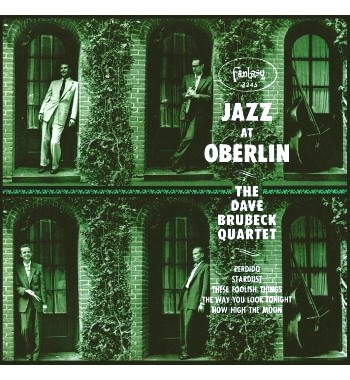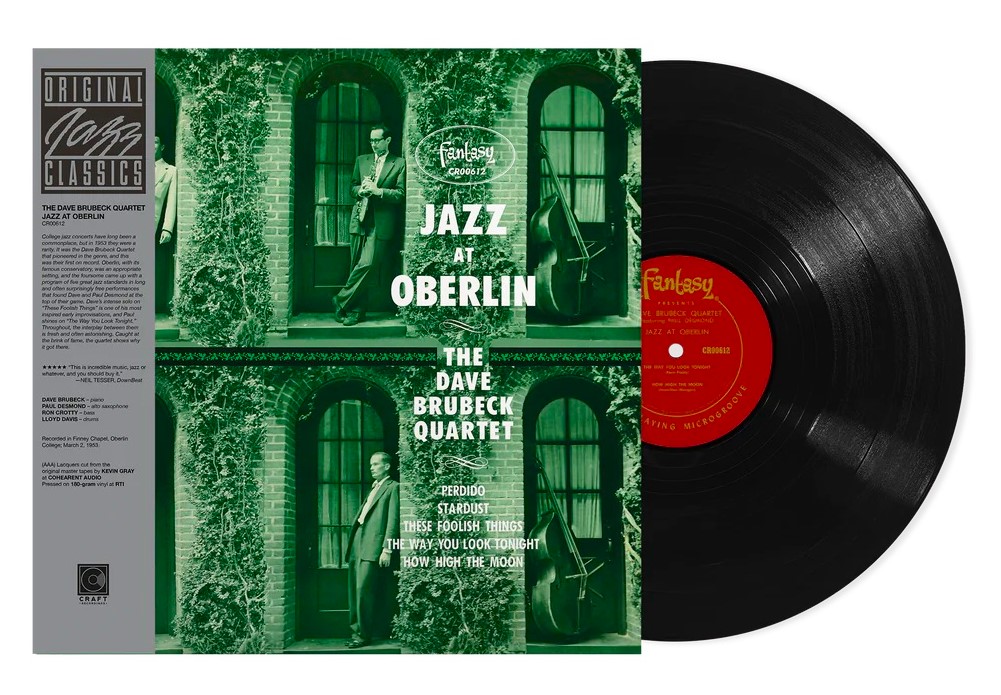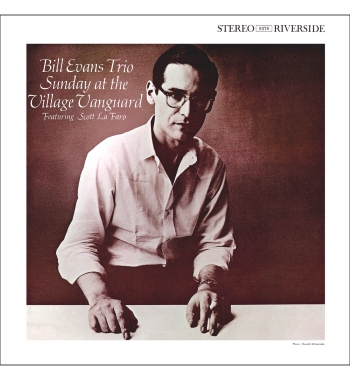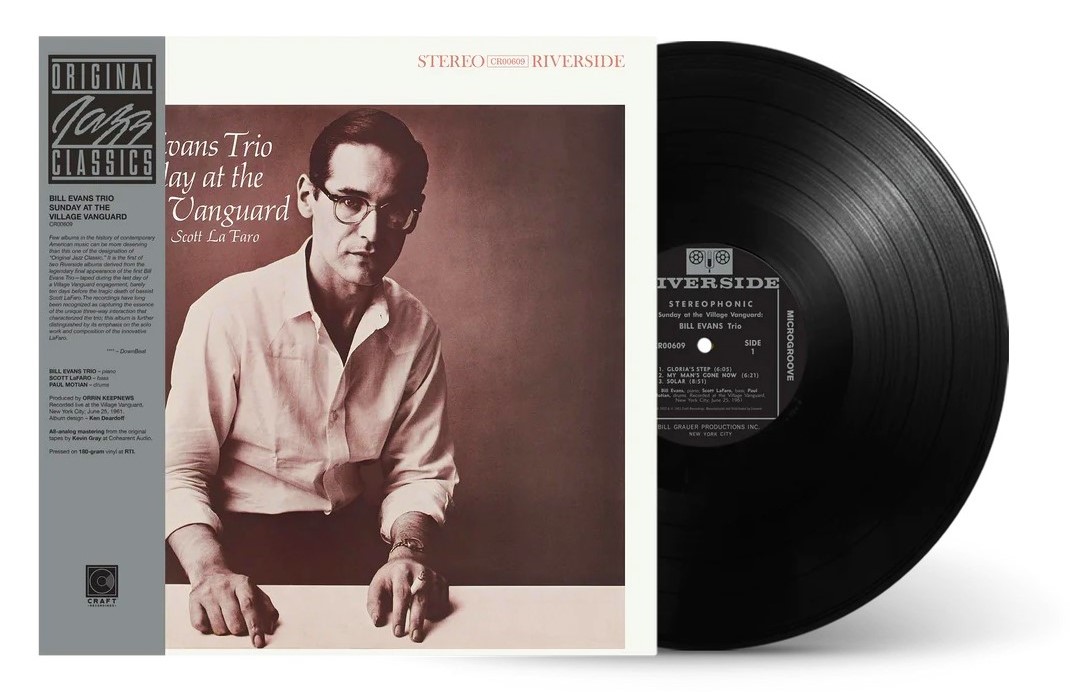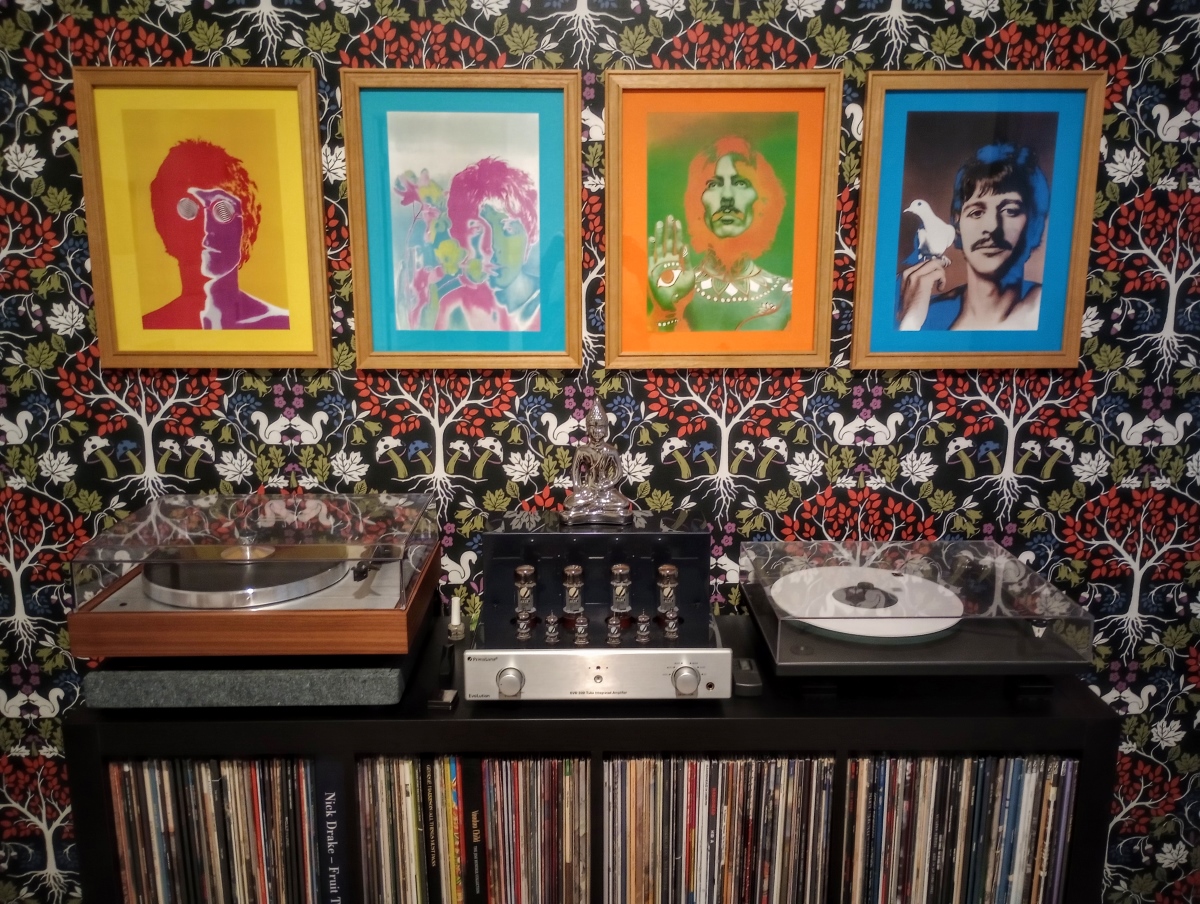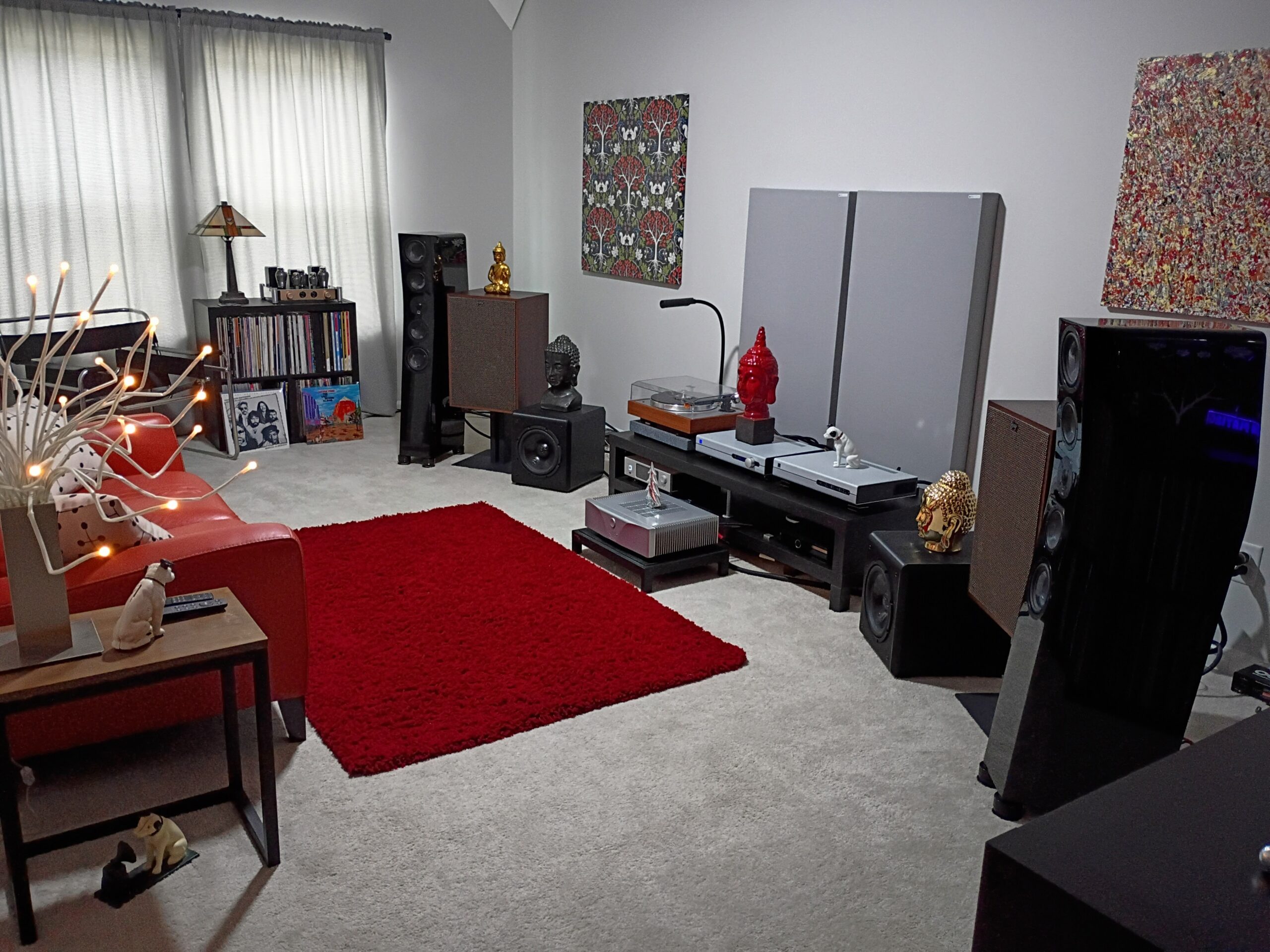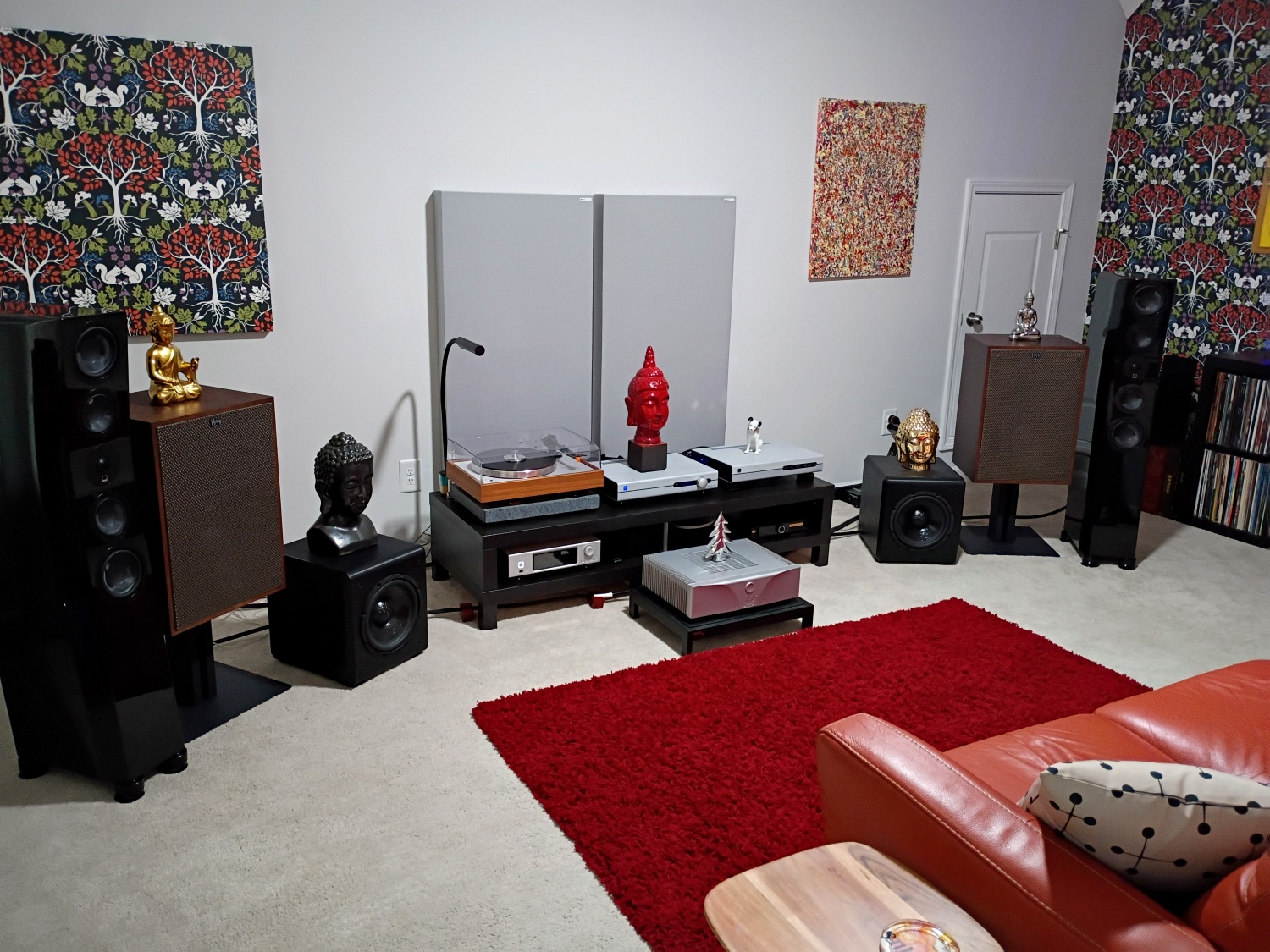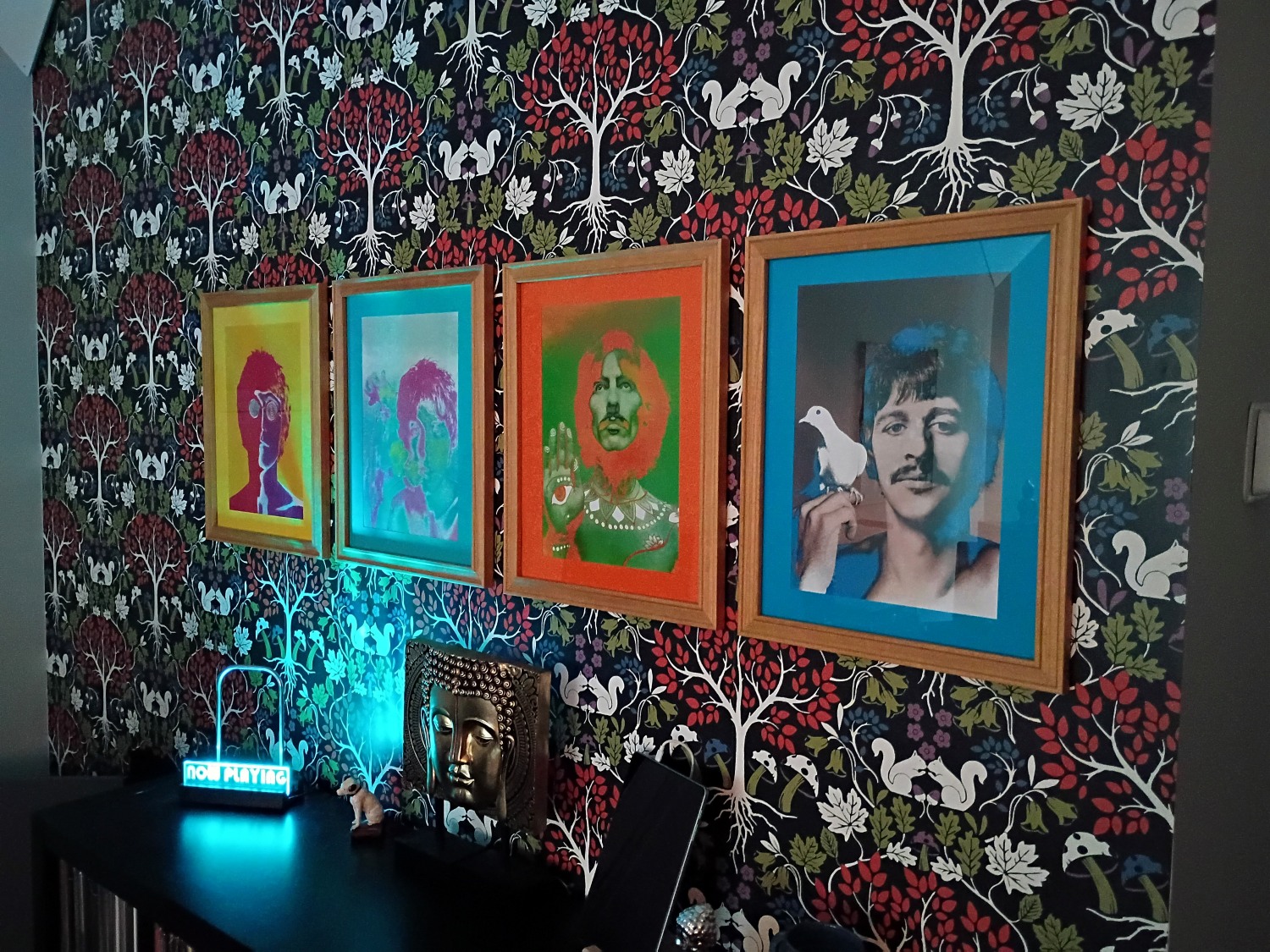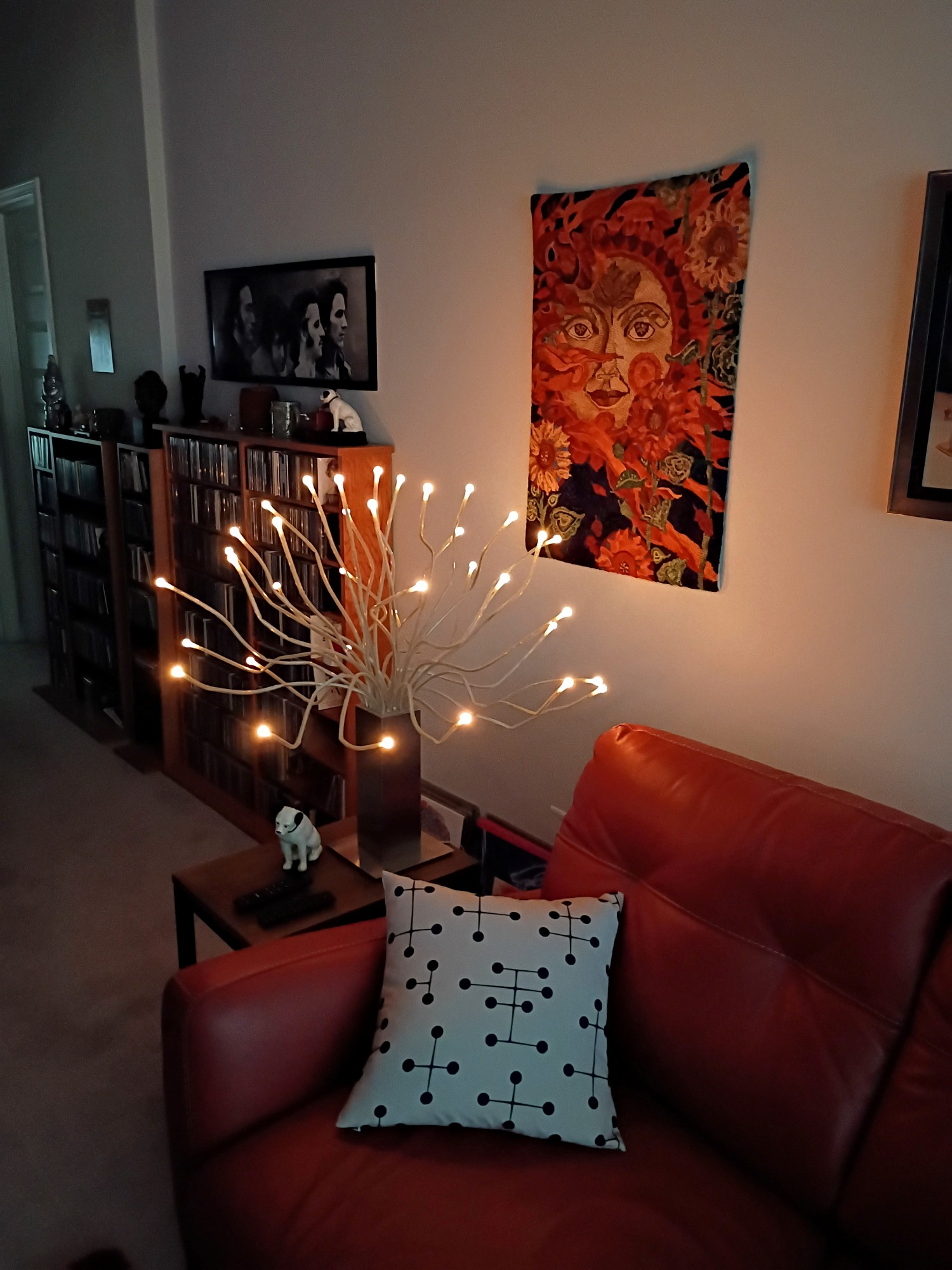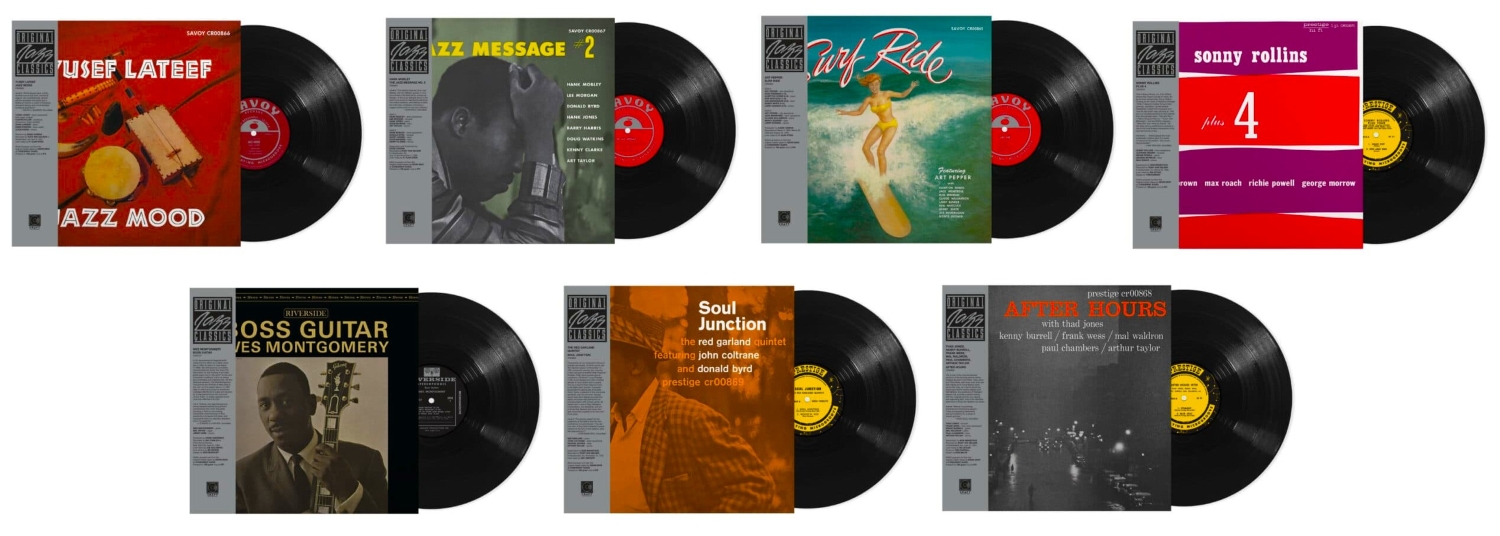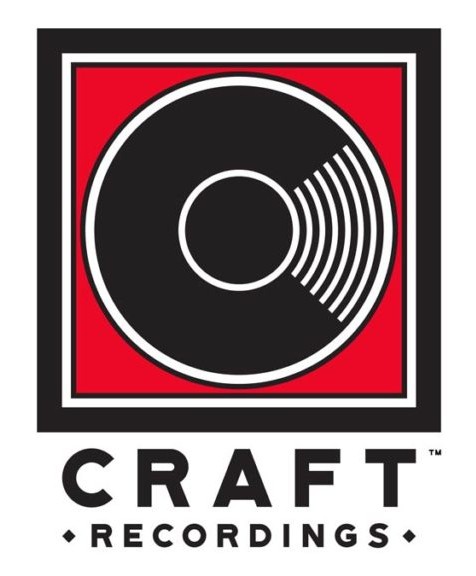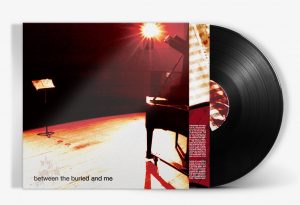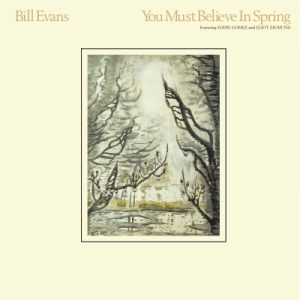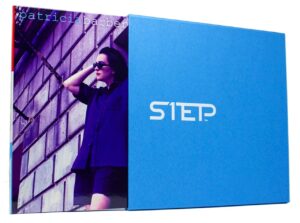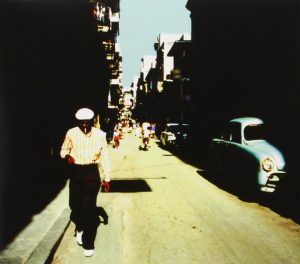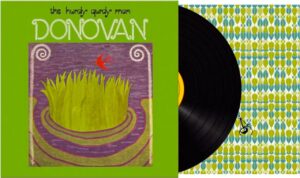Craft Recordings continues their impressive Original Jazz Classics reboot with a brilliant pair of live album reissues, featuring the Dave Brubeck Quartet's Jazz At Oberlin (1953, Fantasy Records) and the Bill Evans Trio's Sunday At The Village Vanguard (1961, Riverside Records). Dave Brubeck's Jazz At Oberlin showcases an earlier incarnation of the group that would eventually evolve into his classic quartet, and the March 2, 1953 live date at Oberlin College in northern Ohio was one of the first modern recordings of live jazz in a concert hall environment. This album is also noteworthy in that it's considered one of the earliest recorded performances to demonstrate the so-called "cool jazz" or "west coast jazz" style, and the overwhelming success of the concert was instrumental in helping establish a Jazz Studies program at the Oberlin College Conservatory of Music. Bill Evans' Sunday At The Village Vanguard took place at the legendary NYC nightclub, where his trio played five sets on June 25, 1961. The trio's bassist, Scot LaFaro, was killed in an unfortunate auto accident only days following the Village Vanguard recordings, and Bill Evans and producer Orrin Keepnews decided to separate the live recordings from the trio's final gig into two thematically different albums. Sunday At The Village Vanguard was the first to be released, and highlighted LaFaro's technical prowess as a musician and composer, with much of the focus on his impressive soloing on many of the numbers.
New lacquers for both Jazz At Oberlin and Sunday At The Village Vanguard were cut from the original master tapes by Kevin Gray at Cohearent Audio. The LPs are all analog, AAA releases that were pressed on 180-gram vinyl at RTI; all the OJC reissues arrived in near-perfect replicas of the original tip-on jackets. Sunday At The Village Vanguard features a lightly pebbled, satin-finish album jacket, and Jazz At Oberlin sports the kind of high-gloss jacket coating that was typical for Fantasy label jazz releases of the era. Crisp artwork for both reissues was sourced from Concord's vaults, and each album jacket also features a really cool custom OBI strip. The LPs arrived encased in scratch-free, rice paper inner sleeves, which are a really nice touch that keeps them free from paper dust and scratches. These new album packages highlight Craft's commitment to excellence with all their reissues, which adds significantly to their desirability to collectors. High resolution 24-bit/192kHz digital downloads are also available, and have already been rolled out for streaming on most major online services. Jazz At Oberlin can be pre-ordered HERE, and Sunday At The Village Vanguard can be pre-ordered HERE.
Dave Brubeck Quartet, Jazz At Oberlin. 180 Gram Craft Recordings LP, $39 MSRP
Dave Brubeck's Jazz At Oberlin came about when a student from the Ohio college caught a Brubeck concert in San Francisco, and upon his return to Oberlin, begged the college to book the quartet for a performance. Brubeck agreed, and despite some level of trepidation from the administration at the Oberlin Conservatory of Music, the show went on, and by all accounts was a smashing success. A team from Oberlin College's radio station staff made the live recordings, and did a surprisingly great job of it—Fantasy Records had no problem releasing the concert on LP. Brubeck had by that point developed a highly improvisational and nearly free-jazz style at the piano that helped herald a new direction in jazz (commonly referred to as "cool jazz"). Along with partner Paul Desmond, the quartet's playing and compositions refused to hew to a strict Bebop party line, hence the "cool jazz" designation. Jazz At Oberlin was one of many albums from Brubeck that fired the imagination of younger jazz fans who raced to embrace the new music.
The Dave Brubeck Quartet at the time of the Oberlin concert featured, of course, Dave Brubeck on piano and the stalwart Paul Desmond on alto saxophone. Ron Crotty played bass, and according to the album jacket's liner notes, had the flu and was running a fever of 103 degrees throughout the two-hour run time of the show! Lloyd Davis' consistent stick work rounded out the quartet from behind the drum kit. Within five years, the quartet would stabilize into their classic lineup that featured Eugene Wright on bass and Joe Morello on drums; they'd go on to experience their greatest successes and produce a string of classic albums that spanned a decade of popularity.
The quartet was appearing for the first time at a classical music conservatory concert hall, and there was the likelihood that many in the audience might have a limited level of exposure to jazz music. Much less highly improvisational "cool jazz," so Brubeck decided to stick to mostly standards for the performance. The album opens at a very measured pace with Eric Maschwitz' "These Foolish Things (Remind Me of You" (popularized in versions by Nat King Cole, Bing Crosby, and Ella Fitzgerald), which features an intensely lyrical alto solo from Paul Desmond to set the tone for the evening. Up next was the classic "Perdido," which was written by longtime Duke Ellington alum Juan Tizol; the pace of the music quickens significantly, and both Desmond and Brubeck solo to uproarious enthusiasm from the crowd. Hoagy Carmichael's "Stardust" dials the tempo back, and Paul Desmond delivers another astonishingly melodic and tasteful solo; Brubeck follows similarly, but the crowd showed no restraint in voicing their approval! A rollicking performance of the Jerome Kerns and Dorothy Fields chestnut "The Way You Look Tonight" features an intensely swinging group performance, with expansive solos from both Brubeck and Desmond. The program closes with the Hamilton/Lewis standard "How High The Moon"; Brubeck opens in a very subdued manner, then Desmond increases the tempo to light speed as the crowd again roars with approval. So much for the polite and mannered Oberlin Conservatory crowd!
Bill Evans Trio, Sunday At The Village Vanguard. 180 Gram Craft Recordings LP, $39 MSRP
Not long after Bill Evans' split from the Miles Davis' Quintet, he teamed with bassist Scot LaFaro and drummer Paul Motian to form the Bill Evans Trio. Evans was fascinated with LaFaro's impressive and wildly uninhibited technique on the bass, and Motian's energetic drumming proved a perfect fit. Following two studio albums, 1959's Portrait In Jazz and 1961's Explorations, the Bill Evans Trio was at the top of its game and considered to be the most exciting trio on the jazz scene. Upcoming live recordings later in the year at NYC's Village Vanguard would set the stage for their future successes. The live date was originally intended to only yield material for a single album, but following LaFaro's untimely death, Bill Evans and Orrin Keepnews decided to assemble the recordings into two distinctly different albums, Sunday At The Village Vanguard and Waltz For Debby. As I previously mentioned, the selection of tracks picked for Sunday At The Village Vanguard were chosen to showcase Scot LaFaro's artistry with his instrument, while Waltz For Debby was intended to be more typical of a Bill Evans Trio live set. Both albums are absolutely classic, textbook examples of well-recorded live jazz, and are still considered among the finest live albums in all of jazz; you can read my recent review of Craft's reissue of Waltz For Debby HERE.
The album is bookended by a pair of Scot LaFaro compositions, opening with the lilting "Gloria's Step," which showcases LaFaro's aggressive and inimitable soloing, and closing with his darkly poignant "Jade Visions." The remaining four tracks are lengthy expositions that were also hand-picked by Evans to place the focus firmly on LaFaro's artistry. George Gershwin's darkly melodic "My Man's Gone Now" has Bill Evans lyrically presenting the melody, while LaFaro solos wildly; in Miles Davis' "Solar," LaFaro solos extensively amid thrilling interplay between Evans and drummer Paul Motian. Sammy Fain's "Alice In Wonderland" lifts the tempo to nearly breakneck speed, as the three members of the trio take liberally turns, especially LaFaro, who never seems to slow down throughout the tune's eight-and-a-half minutes. Cole Porter's "All Of You" starts slowly, but gains momentum across its equally long run time; solos by both LaFaro and Motion bring the tune to its end. The dark mood of "Jade Visions" brings the album to a pensive close.
Don't Wait Too Long to Get Craft's Excellent Reissues of These Legendary Live Albums!
Click on my name in the header and you can see the equipment I used to evaluate these classic LPs. Both were played on my all analog system that features a twin turntable setup: one for playback of stereo LPs, and another that's dedicated to playback of mono LPs. The stereo setup was used to evaluate Bill Evans' Sunday At The Village Vanguard, and features the ProJect Classic EVO turntable that's mounted with an Ortofon Quintet Bronze moving coil cartridge. It plays through a Musical Surroundings Phonomena II+ with its dedicated Michael Yee linear power supply; the signal is then fed to a PrimaLuna EVO 300 tube integrated amplifier playing into a pair of KLH Model Five loudspeakers. This modern audio system presents a very vintage, but highly musical aesthetic, and the sound of Bill Evans and his trio across the setup was exemplary.
The Dave Brubeck Quartet's Jazz At Oberlin LP was a mono recording, so I played it on my heavily modified Rega Planar 2 turntable that's fitted with an Ortofon 2M Mono cartridge. That setup plays into a Sutherland KC Vibe phono preamplifier; the signal is then also fed into the PrimaLuna tube integrated amplifier playing through the KLH loudspeakers. The PrimaLuna amp offers a choice of ultralinear and triode tube playback at the flip of a switch; for this very acoustic music, I chose the improved level of clarity and more detailed presentation of triode playback. I was literally stunned by the goodness of Craft's mono reissue—the sound quality was superb as recorded by the team from Oberlin's college radio station, and they captured this iteration of the Dave Brubeck Quartet at their absolute peak.
Once again, Craft Recordings has set the bar high with these excellent reissues. The RTI LPs are among the finest pressings available, and were exceptionally quiet during playback. In the case of Craft Recordings' reissue of Sunday At The Village Vanguard, the sound quality was significantly better than my OJC pressing from the nineties. No comparison was available for Jazz At Oberlin, but the quality of the pressing was on equal footing with Sunday At The Village Vanguard, and the performances are equally classic. With these remasters, Kevin Gray and his team at Cohearent Audio have given us another pair of absolute gems. Don't hesitate to grab these classic LPs, because they'll likely sell out very quickly—both come very highly recommended!
Craft Recordings
All images courtesy of Craft Recordings and the author.




